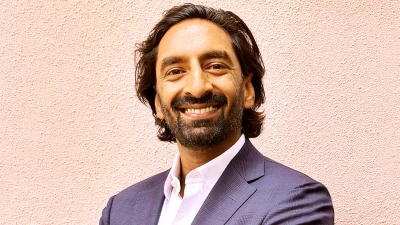Hunter Hall scraps fossil fuel investment


Financial services group Hunter Hall has announced it is screening out and ending investment in fossil fuel companies.
The group already excludes companies involved in tobacco, gambling, armaments, uranium, nuclear energy, cutting down old growth forests and intensive husbandry.
It said excluding fossil fuel companies is a "natural addition".
Chief executive officer David Deverall said the group has a materiality limit of 10 per cent on the production of fossil fuels, but will assess companies on an individual case basis.
The group will exclude companies with a global industry classification standard (GICS) 101020 called "Oil, Gas and Consumable Fuels".
This sector accounts for 8 per cent of the MSCI World Index and currently takes up 2.2 per cent (two stocks) of Hunter Hall's portfolio.
On the exclusion list are Australian companies like Woodside Petroleum, Santos, Caltex, and global companies such as Peabody, Chevron, BP, Exxon Mobil.
Founder and chief investment officer Peter Hall said the firm has always been underweight in the fossil fuel sector.
"But the decision to end fossil fuel investments outright enables Hunter Hall to focus on a future with new opportunities," he said.
It expects the policy will be implemented by 30 June.
The Australian Institute has put out a new report titled ‘Climate proofing your finances: Making your money fossil free', saying millions of investors are "accidentally" investing in fossil fuels by holding a bank account in one of the big four banks.
Westpac, ANZ, and National Australia Bank have loaned a combined $19 billion to Australian coal and gas projects since 2008, it said.
Recommended for you
Two JPMAM commentators have warned advisers about the dangers of moving assets into cash during market volatility, describing it as “swopping one risk for another”.
The global alternative asset manager has confirmed the acquisition of IP Generation.
Zenith Investment Partners will see its co-founder and managing director both depart this year due to their ambitions no longer aligning with those of its parent company.
Strategic partnerships are the number one priority for JPMAM, according to its EMEA CEO, having already enacted two deals with large New Zealand and UK wealth management groups.














